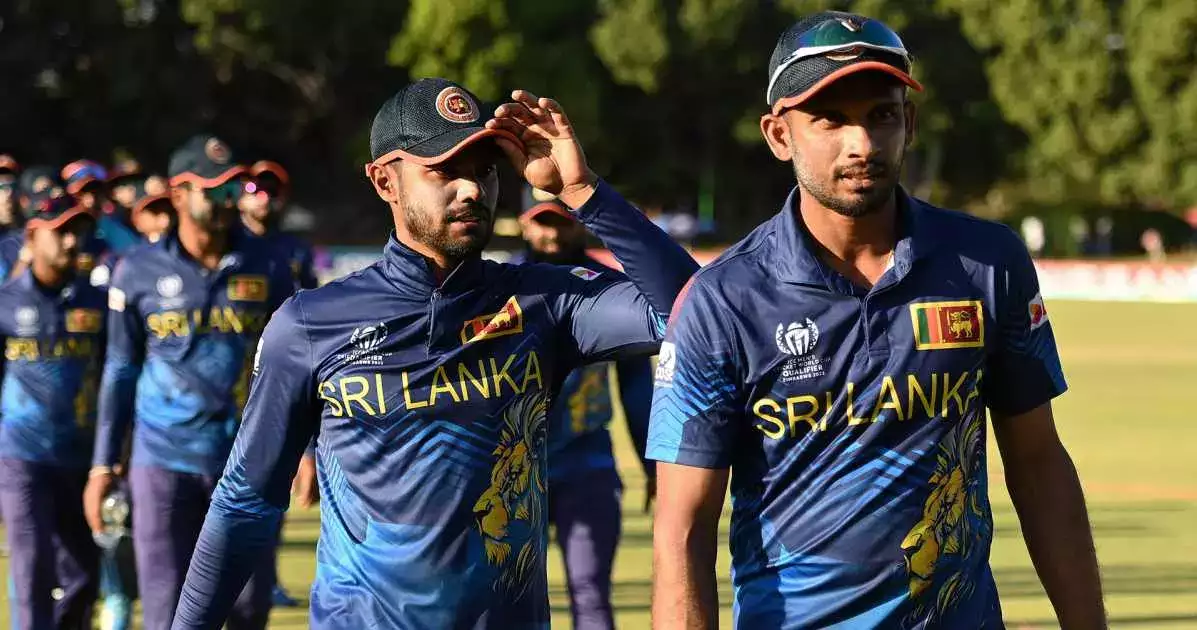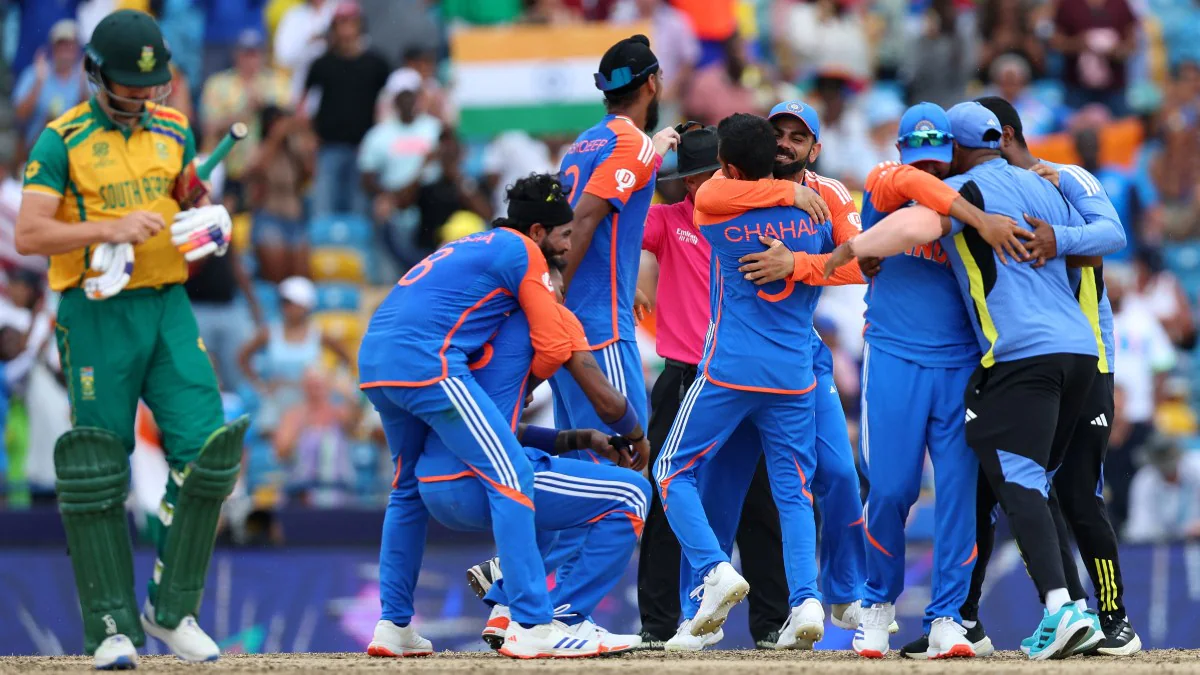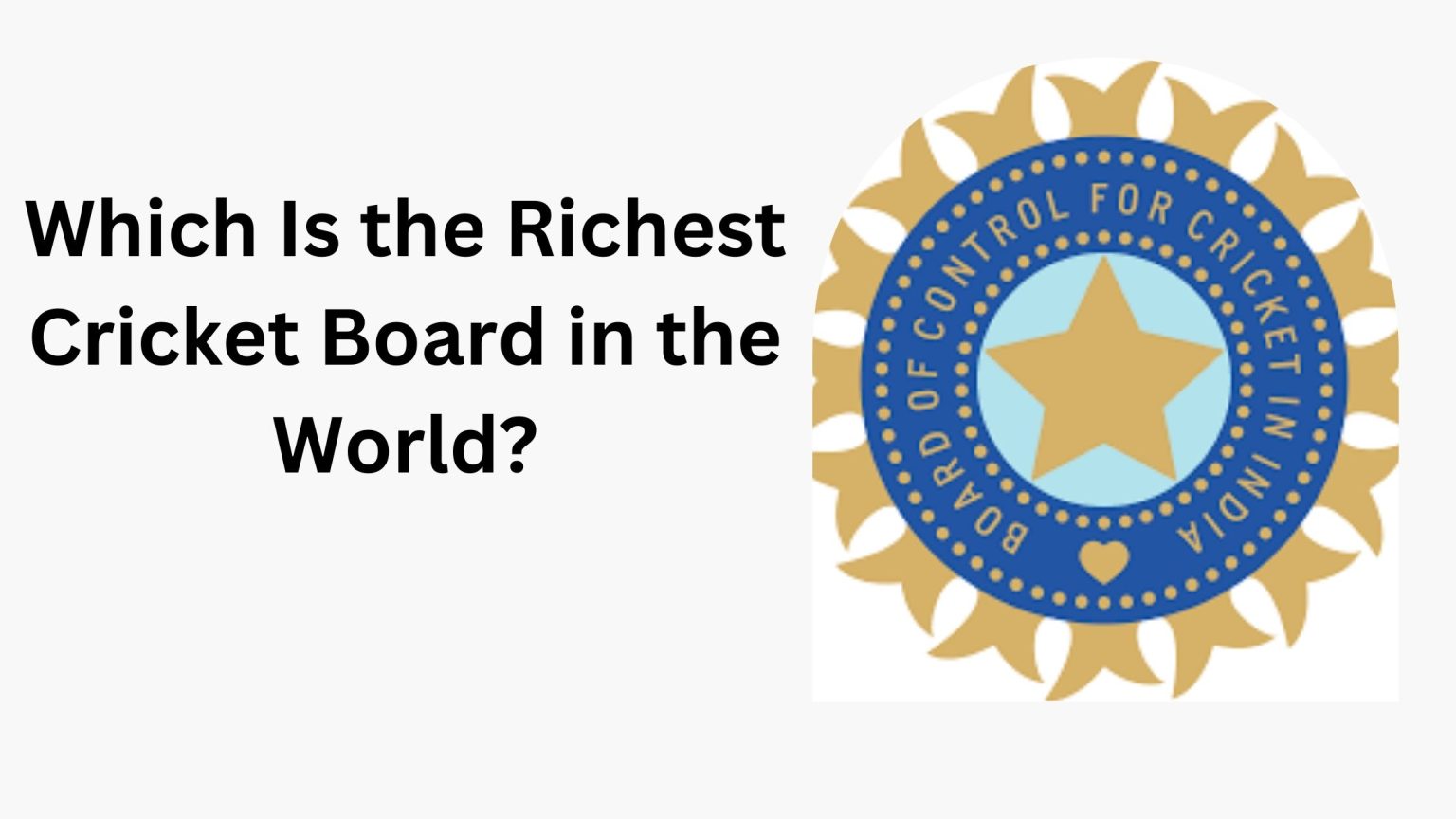Alex Marshall, the head of the International Cricket Council’s (ICC) Anti-Corruption Unit (ACU), has issued a startling warning about the corruption risks associated with lower-level franchise cricket leagues. According to Marshall, these leagues are often targeted by corrupters seeking opportunities to manipulate the game.
The rise of franchise leagues has been a significant development in cricket, providing financial stability to many cricket boards. Over the years, boards have embraced this model to generate substantial revenue, with the Indian Premier League (IPL) serving as the most prominent example of a successful franchise league. The IPL has transformed cricket into a commercial powerhouse, demonstrating the immense potential of well-managed leagues.
However, the proliferation of franchise leagues has also introduced new challenges. The ICC’s ACU has faced increased scrutiny over issues like match-fixing. Recently, Marshall highlighted concerns regarding the vulnerability of poorly managed lower-level leagues to corruption. He warned that corrupters are persistently seeking ways to exploit these weaker links in the system.
Marshall reassured that the majority of international cricket remains safe and clean but emphasized that the threat of corruption persists as long as there is money involved. He noted that corrupters will continuously look for weaknesses in the system to gain entry into the game, particularly targeting poorly run leagues.

In his tenure, Marshall has overseen significant developments, including the criminalization of match-fixing offenses in Sri Lanka. This action marked a milestone as Sri Lanka became the first South Asian nation to take such a step. Marshall’s efforts have also included increasing player trust and reporting, with more cricketers now coming forward with information about approaches from corrupters.
Marshall expressed pride in the progress made, highlighting the increased trust from players who now frequently report corrupt approaches. He noted that players are better equipped to handle corruption due to enhanced education on recognizing and dealing with corruptors.
During Marshall’s tenure, notable cases included charges against Bangladesh all-rounder Shakib Al Hasan and late Zimbabwe all-rounder Heath Streak for match-fixing. Shakib was banned for two years for failing to report multiple approaches, while Streak was found guilty of multiple breaches, including accepting a bitcoin from a corruptor.
Overall, Marshall’s departure after seven years highlights both the progress and ongoing challenges in combating corruption in cricket. His legacy includes significant strides in protecting the game from the corrupting influence of match-fixers.









